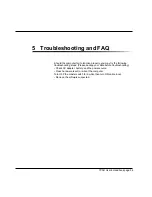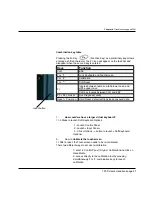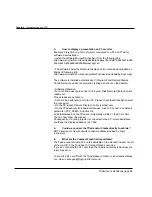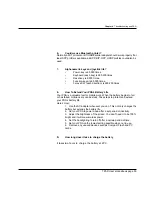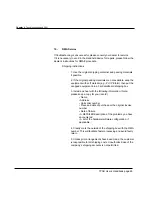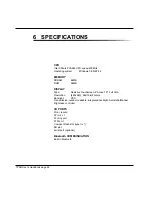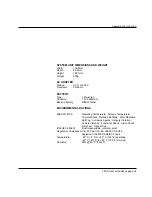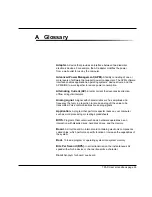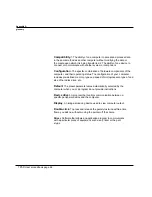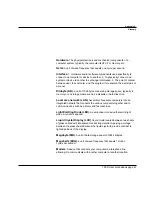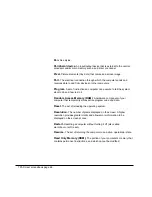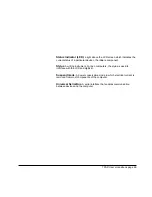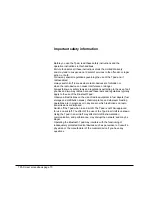
Adapter.
A device that provides an interface between two dissimilar
electronic devices. For example, the AC adapter modifies the power
from a wall outlet for use by the computer.
Advanced Power Management (APM).
A facility consisting of one or
more layers of software that support power management. The APM software
interface enables applications, operating systems, device drivers, and the
APM BIOS to work together to reduce power consumption.
Alternating Current (AC).
Electric current that reverses its direction
of flow at regular intervals.
Analog signal.
A signal with characteristics such as amplitude and
frequency that vary in proportion to (are an analog of) the value to be
transmitted. voice communications are analog signals.
Application.
A program that performs specific tasks on your computer,
such as word processing or creating spreadsheets.
BIOS.
Programs that contain such basic hardware operations as an
interaction with diskette drives, hard disk drives, and the memory.
Board.
A circuit board. An internal card containing electronic components
called chips, which perform a specific function or increase the capabilities of
the system.
Boot.
To load a program or operating system into system memory.
Bits Per Second (BPS).
In serial transmission, the instantaneous bit
speed with which a device or channel transmits a character.
Card.
Synonym for board; see board.
TPAD User’s Handbook page 65
A Glossary






